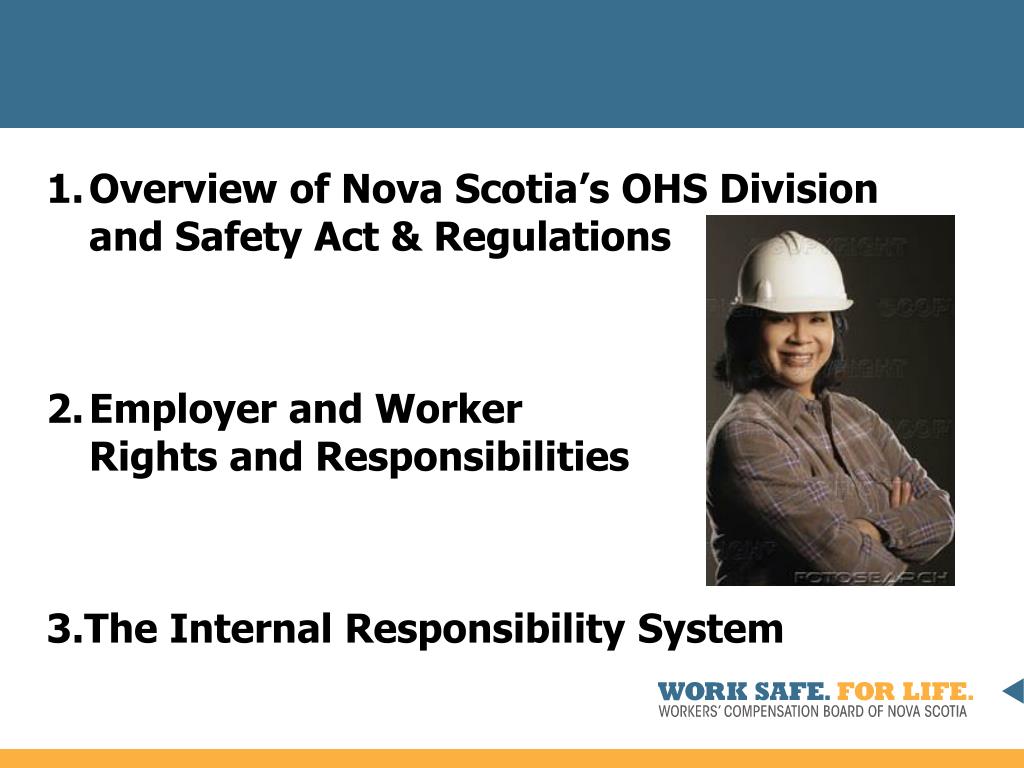Recent changes in workers compensation act in Nova Scotia and how it would impact Immigrants

Workers compensation act Nova Scotia
The bill to amend the Workers’ Compensation Act in Nova Scotia has been passed as it received royal assent on November 9, 2023 and the amendments will come into force on September 1, 2024. The bill was tabled in the legislature on October 13, 2023 to amend the Workers’ Compensation Act to allow gradual onset stress to be considered an injury eligible for compensation.
Major Changes in Workers’ Compensation Act of Nova Scotia
The recent changes in the Workers’ Compensation Act of Nova Scotia are aimed at covering gradual onset stress, which is a type of psychological injury that results from significant stress over time because one’s employment. This means that workers who suffer from gradual onset stress that is wholly or predominantly caused by their work can submit a claim to the Workers’ Compensation Board and receive benefits and support.
The changes also increase the funeral benefits for workers who die on the job from $4,000 to $15,000.
Workers’ Compensation Act – a boon for workers serving on traumatic jobs or facing discrimination at Jobs
Immigrants who work in high-stress or traumatic jobs, such as health care, social services, or law enforcement, may benefit from the recognition and compensation of gradual onset stress as a work-related injury.
Immigrants who face discrimination, harassment, or violence at work may also be eligible for gradual onset stress claims, as long as they can prove that their stress is predominantly caused by their work and not by other factors.
Immigrants who are new to Canada or have language or cultural barriers may face challenges in accessing the workers’ compensation system, such as understanding their rights and responsibilities, filling out forms, or providing evidence of their stress.
Immigrants who are self-employed, work in the informal sector, or have precarious or temporary work status may not be covered by the workers’ compensation system or may have limited access to benefits and services.
These are some general scenarios, and each case may have different outcomes depending on the specific details and circumstances. If you are an immigrant worker in Nova Scotia and you have questions or concerns about the workers’ compensation system, you can contact the Workers’ Advisers Program for free and confidential advice and representation.
Worker Can compensation benefit claim without fear of deportation even if he is temporary foreign worker
As per Nova Scotia provincial rules, an employer does not have the authority to deport a foreign worker from Canada. However, the employer must report any changes in the worker’s employment status to Immigration, Refugees and Citizenship Canada (IRCC), which may affect the worker’s work permit or visa. Therefore, if a foreign worker files a workman compensation benefit claim, the employer may have to notify IRCC, which could potentially lead to an investigation or removal order where the workman has been found guilty to follow any precaution during work.
In Canada, temporary foreign workers have the same rights and protections as Canadian workers, and they can report abuse or mistreatment without fear of deportation. The workers are also eligible to get help from various sources, such as the Labour Standards Division, the Workers’ Compensation Board, the Occupational Health and Safety Division, and support organizations for migrant workers.
One of these organizations is the Migrant Workers Program, which offers assistance and accompaniment to migrant workers who are in situations of abuse or injury. As such even temporary foreign workers can approach for benefit under workmen compensation program without any fear of deportation.
However , same can not be said about illegal immigrants working in Canada.

 Recent Changes to Canada’s Work Permit Rules and its impact on Immigrants from India
Recent Changes to Canada’s Work Permit Rules and its impact on Immigrants from India  Applications for UK Immigration witness major decline as the Immigration Laws undergo significant changes
Applications for UK Immigration witness major decline as the Immigration Laws undergo significant changes  Recent Changes to Canada’s Temporary Foreign Worker Program (TFWP) Effective May 1, 2024
Recent Changes to Canada’s Temporary Foreign Worker Program (TFWP) Effective May 1, 2024  Immigration Process to Latvia and Job Prospects
Immigration Process to Latvia and Job Prospects  Notario Fraud- a rampant fraudulent practice trapping immigrants to US and Canada
Notario Fraud- a rampant fraudulent practice trapping immigrants to US and Canada  Canada Immigrant Investor Program 2024- loaded with many good features- Check out here
Canada Immigrant Investor Program 2024- loaded with many good features- Check out here  What actions by Trump Government are in store for illegal immigrants in US? What are Challenges to deport illegal immigrants from US?
What actions by Trump Government are in store for illegal immigrants in US? What are Challenges to deport illegal immigrants from US?  What are changes in Canada Start up Visa Program and Self-Employed Persons Program. How would it affect the potential immigrants to Canada?
What are changes in Canada Start up Visa Program and Self-Employed Persons Program. How would it affect the potential immigrants to Canada?